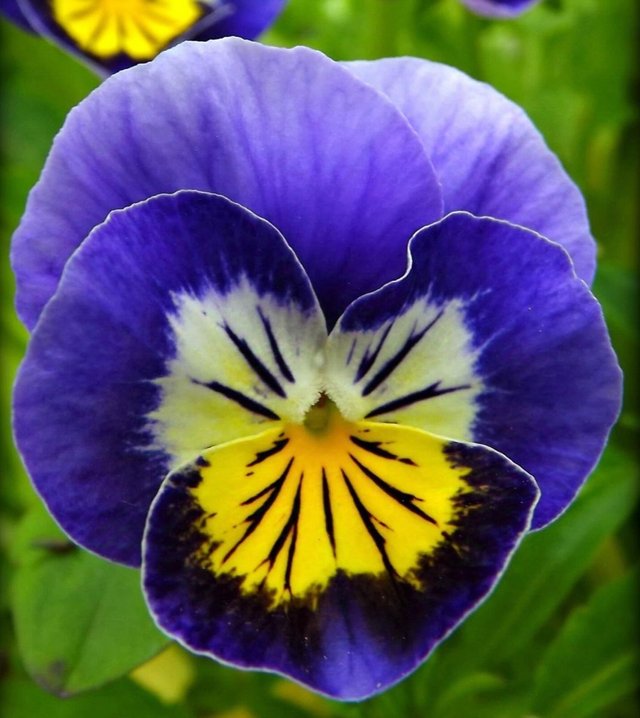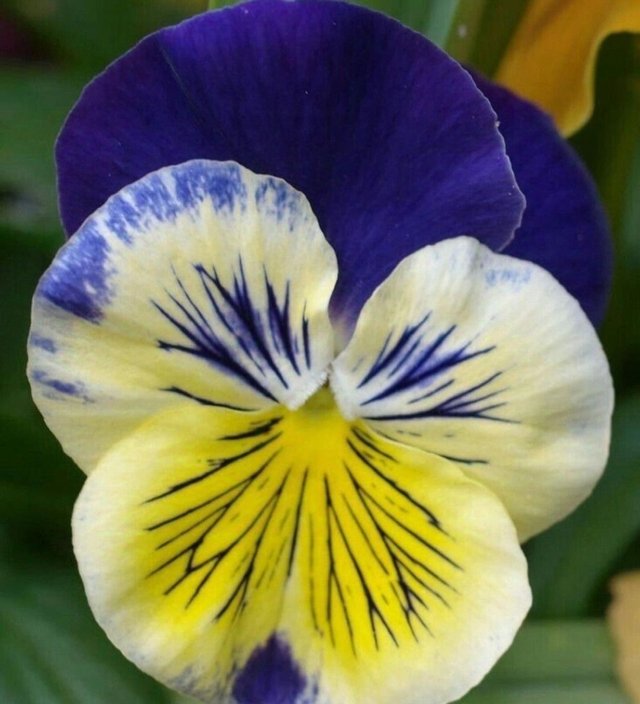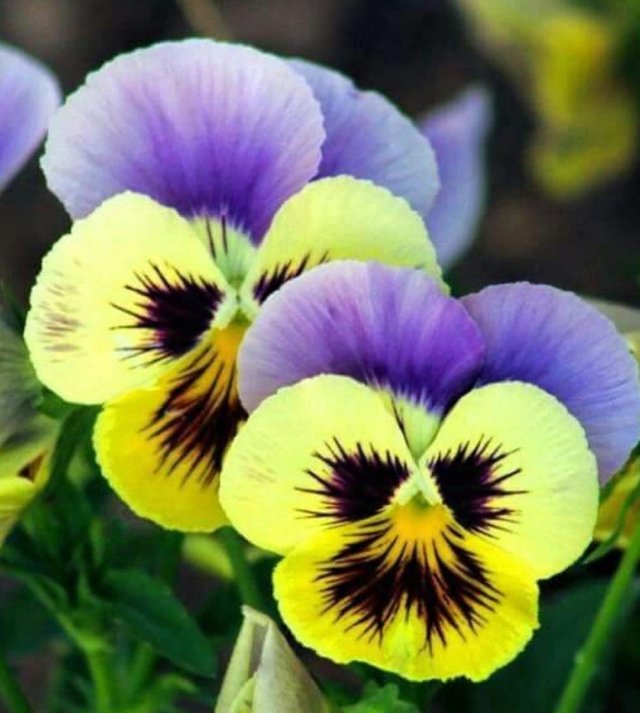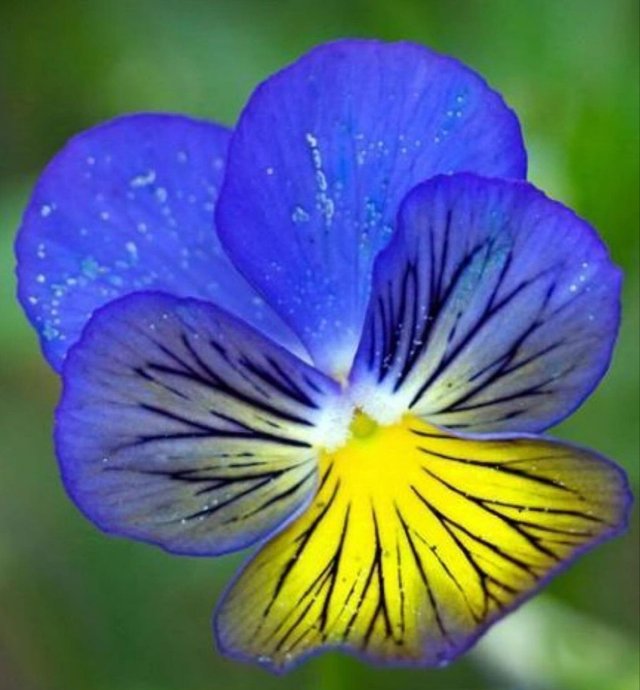So Beautiful Pansy Flower
The pansy is a popular flowering plant known for its vibrant colors and distinctive "face-like" patterns on its petals. With a delicate beauty and rich history in horticulture, pansies are beloved by gardeners and plant enthusiasts alike. Their bright, cheerful blooms can add charm to any garden, and their cultural and symbolic significance stretches back centuries.
Botanical Characteristics
Pansies belong to the Viola genus, which also includes violets. Although many pansies are hybrids, the most common variety seen today is derived from Viola tricolor, a wildflower commonly known as "heartsease." The pansy is an herbaceous plant, growing between 6-9 inches tall. Its flowers typically have five rounded petals that vary in color, with many featuring striking patterns that resemble a face.
The name "pansy" is derived from the French word pensée, meaning "thought," which reflects the flower's association with remembrance and reflection. Pansies come in a broad spectrum of colors, from deep purples and blues to bright yellows and soft pastels. Some varieties even have a blend of several colors, making them a stunning addition to any garden setting.
Growth and Cultivation
Pansies are relatively easy to grow and are often cultivated as biennials or annuals, depending on the climate. In temperate regions, pansies are usually planted in the fall or early spring. They thrive in cool weather and can withstand light frost, making them ideal for early-season gardens when other flowers are still dormant.
Pansies prefer rich, well-draining soil and full sun or partial shade. Although they can tolerate a range of conditions, they tend to bloom more vigorously in cooler temperatures. Regular watering is important, but overwatering should be avoided to prevent root rot. Deadheading spent blooms can also help prolong the flowering period, encouraging new buds to form.




